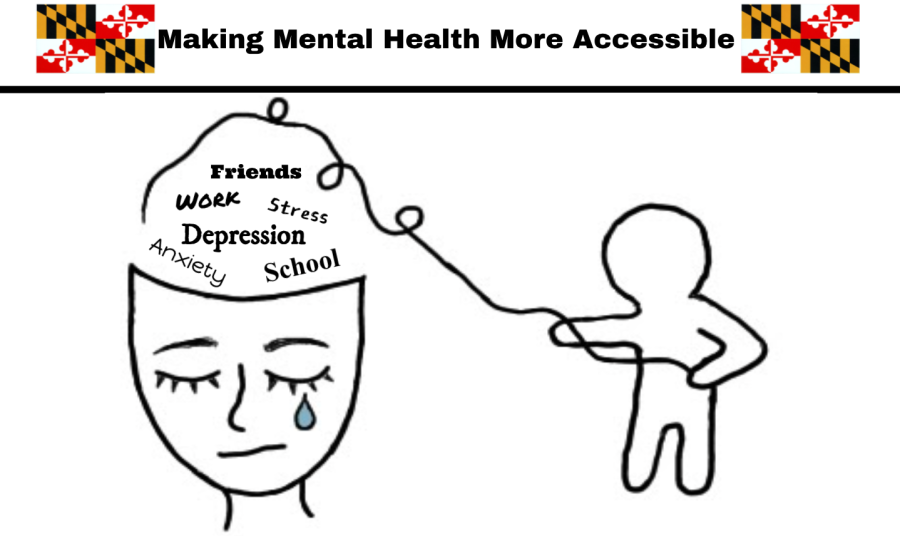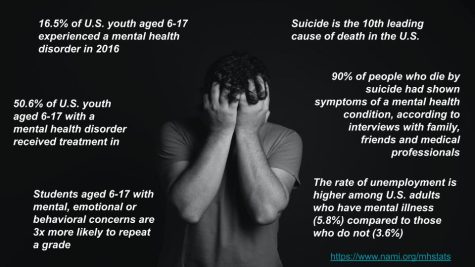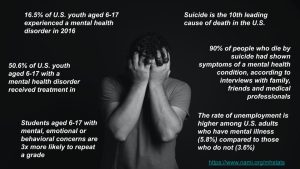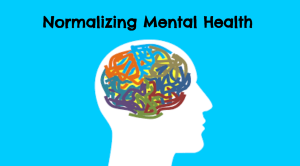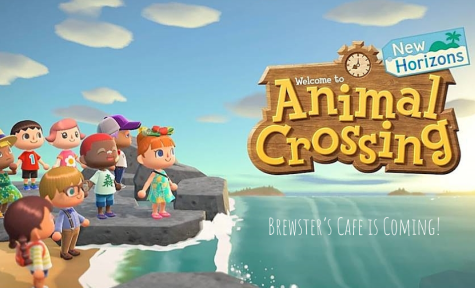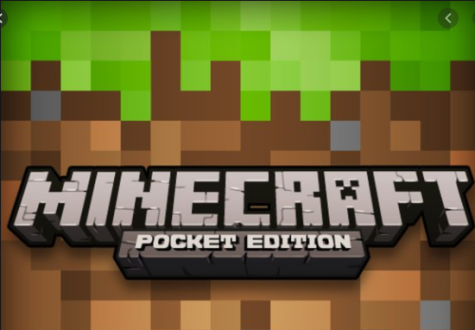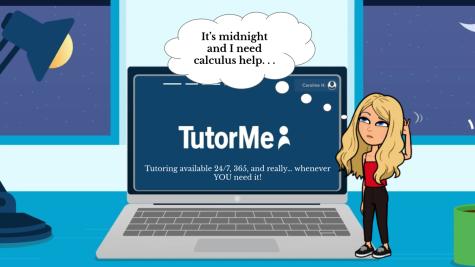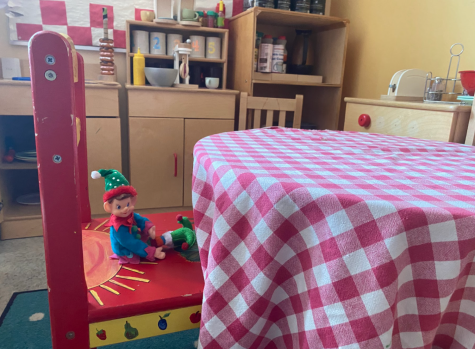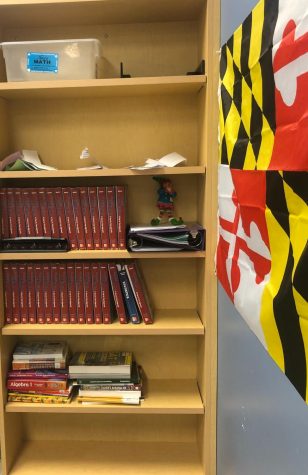Maryland law expands mental health help for children
A step in the right direction
Talking to a therapist can feel like unraveling your thoughts.
November 3, 2021
Regardless of the ever growing acceptance for mental health, it is still a widely unexplored topic in many households. Despite this stigma, it is completely okay not to be okay.
Recently, a new law in Maryland allows children as young as 12 to receive therapy without parental consent, the previous age for this being 16. The law was set in place on October 1st. Despite seeming helpful, the law has many who are opposed to it.
The law states, “Altering the minimum age, from 16 years to 12 years, at which a minor has the same capacity as an adult to consent to consultation, diagnosis, and certain treatment of a mental or emotional disorder by a health care provider or clinic; and providing that a health care provider may decide to provide certain information to a certain parent, guardian, or custodian under certain provisions of law unless the health care provider believes that the disclosure will lead to harm to the minor or deter the minor from seeking care.”
Introduced in 2020 and passed through Maryland’s senate, the bill did not make it through the House due to the pandemic. As the bill was reintroduced, it passed in both chambers. Maryland’s Governor, Larry Hogan approved the bill without hesitation.
Though approved, many Republicans in the Maryland legislature believe that the bill will hinder a child’s mental health rather than help. They argue that with the exclusion of parents, therapy will practically be rendered useless.
Susan W. Krebs, a republican from Carroll County says, “I just don’t see the situation for this. It’s really problematic.”
I strongly disagree. What Krebs fails to consider are the numerous children in abusive homes.
Licensed therapist Jennifer Howell says, “I believe that there is an argument for both [sides]. Therapy does work best if parents are involved but also taking into account that parents want to be involved. Parents can request all of the minors’ records and when the client has a problem with their parents, this can be tricky. It would give teenagers more control over their care.”
Of course, some children may suffer with the exclusion of their parents in therapy, but it is important to consider children in abusive households as well. There are many children who do not feel safe communicating with their parents and ultimately feel more hurt than helped when they do seek help from them.
Overall, Howell believes that this law is helpful for patients, referencing the fact trust is an essential aspect in therapy. She says, “I do think that this is a helpful law. It gives me more control over what I share with my client’s parents. Trust and rapport is so vital to therapy. My client’s need to feel like their privacy will be respected. For example if my client comes out to be and if not ready to disclose that information to their parents.”
On the whole, the legislation provided real benefits for children in abusive family situations, and that outweighed the issues raised by advocates for a veto
— Michael Ricci, spokesman for Governor Hogan
A survey done in 2019 by Youth Risk Behaviors says that 8.9% of teens, grades 9-12, have had at least once suicide attempt. The mental health crisis amongst teens continues to increase, with some even considering the it an epidemic. The pandemic has only worsened it as substance use and suicidal thoughts are said to have increased, affecting all ages. There is no doubt that the rising mental health struggle has had a harmful effect on teens.
Guidance counselor Katherine Becker said, “Most school counselors are not licensed therapists so our focus is to get students who are struggling with emotional issues to a licensed professional who can focus just on their mental health. Any mental health counseling that I do is considered “band aid” therapy, meaning to listen and counsel a student with the intention of getting them back to class and through the rest of their day and connecting them to outside supports as needed.”
Therapy is much different than talking to a guidance counselor. A therapist works with the client to find the best coping mechanisms specifically tailored to them. The ultimate goal is to supply the client with enough coping mechanisms that ultimately allow them to sail through life with ease.
A child who is struggling at home and comes to their counselor for help may receive temporary aid, but the ultimate goal is not to “heal” the student, as Becker says. A guidance counselor can only do so much before the student must go back to class. Children in abusive homes will not receive the correct help they need.
My parents who grew up in difficult households did not receive help until they were adolescents, at which point, they entered themselves into therapy.
My mom, Tanya Higbee-Cerny, says, “My parents decided to take me to therapy very reluctantly when I was about 16 years old. They attended one session with me and decided it was not necessary. I think therapy would have helped me recognize that I am not alone, nor weird. I think it would have helped me with self-esteem which would have helped me navigate my teen years with less loneliness and angst.”
Whether it be parents refusing to acknowledge the fact their child is struggling, the disbelief that mental health is not a true concern, or something more, mental health is a taboo subject in many households. Children should not have to suffer because their parents are unaccepting.
Like my parents when they were young, there are many children out there who need help who are not receiving any. I have many friends who I know suffered during the pandemic and there is only so much I can do for them when we are both quarantined.
Junior Chloe Kim was one of the many people who struggled during the pandemic. “Last year, my mental health had worsened quite a bit and my mom had noticed. She decided she would try and get a therapist in hope that this would help me, however as time went on it kept being put off but eventually time came and she had potentially found someone that could help. Yet again nothing seemed to be put into place, overtime I decided that there was a very high chance that I was not going to be getting a therapist and I ended up battling these struggles on my own.”
Despite how much we’d like it not to be this way, abusive households will always exist. This new law in Maryland, though has its opposition, will ultimately do more good than harm. Children with a complicated family life need a safe space in order to heal and develop coping mechanisms and this law helps them with exactly that.
Hotlines
National Suicide Prevention Hotline: 1-800-273-TALK (1-800-273-8255)
SAMHSA Treatment Referral Helpline: 1-877-SAMHSA7 (1-877-726-4727)
Maryland Crisis Hotline Network: 1-800-422-0009


